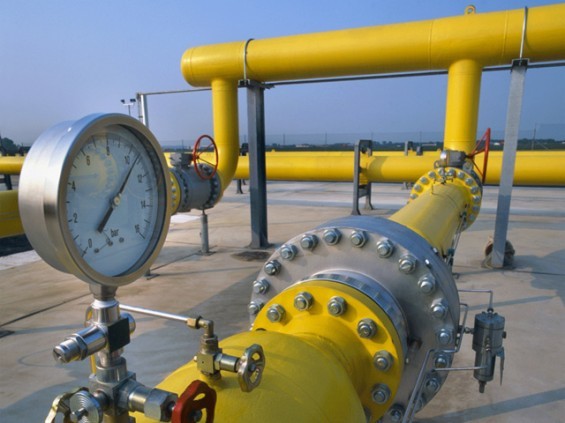The End of South Stream Project
Published on 3 december 2014"To our knowledge, the key decisions and commitments regarding the investment concerning the Slovenian part of the project have not been adopted yet and the project did not have the requisite approval from the European Commission."
"We believe the decision by the Russian partner will not have significant consequences for the project," reads a statement by the Ministry of Infrastructure.
PM Cerar is not surprised by Russia's decision. "I think that this position should not surprise us, as it was expected considering the latest developments," he told the press on the sidelines of an event in Ljubljana.
Cerar, who is waiting for a formal confirmation of the decision, said that Slovenia needed to respond by looking for alternative, renewable sources of energy.
According to him, Slovenia needs to develop an energy policy which will have multiplicative effects and provide new opportunities.
Slovenia and Russia signed an intergovernmental agreement on the South Stream in 2009 and a joint venture was set up. The plan was finally sealed in November 2012.
About 266 km of pipeline worth a billion euros was to traverse Slovenia and preparatory construction work was due to start next year, with zoning requirements due to be fulfilled this year.
However, the project remained bogged down due to the EU's concerns about Gazprom's near monopoly position, and the escalation of tensions in Ukraine, which have led to EU sanctions against Russia.
Moreover, there have been zoning problems in Slovenia, where locals around the ski resort of Kranjska Gora, north, in particular mounted a serious challenge against the project on environmental grounds.
The ministry also said it was awaiting official notification from Russia "which would affect the actual implementation of the [intergovernmental] agreement."
While the ministry reacted coolly to yesterday's statement by Russian President Vladimir Putin and Gazprom chairman Alexei Miller that the project was being called off, a geostrategic analyst warned today that it could have major implications.
The decision means Slovenia will not be on one of the key gas routes, Klemen Grošelj of the Faculty of Social Sciences told the STA.
He believes Russia will now shift its focus on expansion of Blue Stream and ship gas through Turkey towards Greece, which will make Turkey a major player.
Instead of being connected to a key gas route, Slovenia will thus be reliant on Turkey, which will become a crucial gas hub, Grošelj said.
More broadly, Europe will have to figure out how to satisfy its energy needs, as it is unlikely it will be able to make the transition to renewables.
"I believe energy will become a much more serious issue for the EU than it appeared a month or two ago and the Energy Union will face formidable challenges in the coming years."
Source: SloveniaTimes


